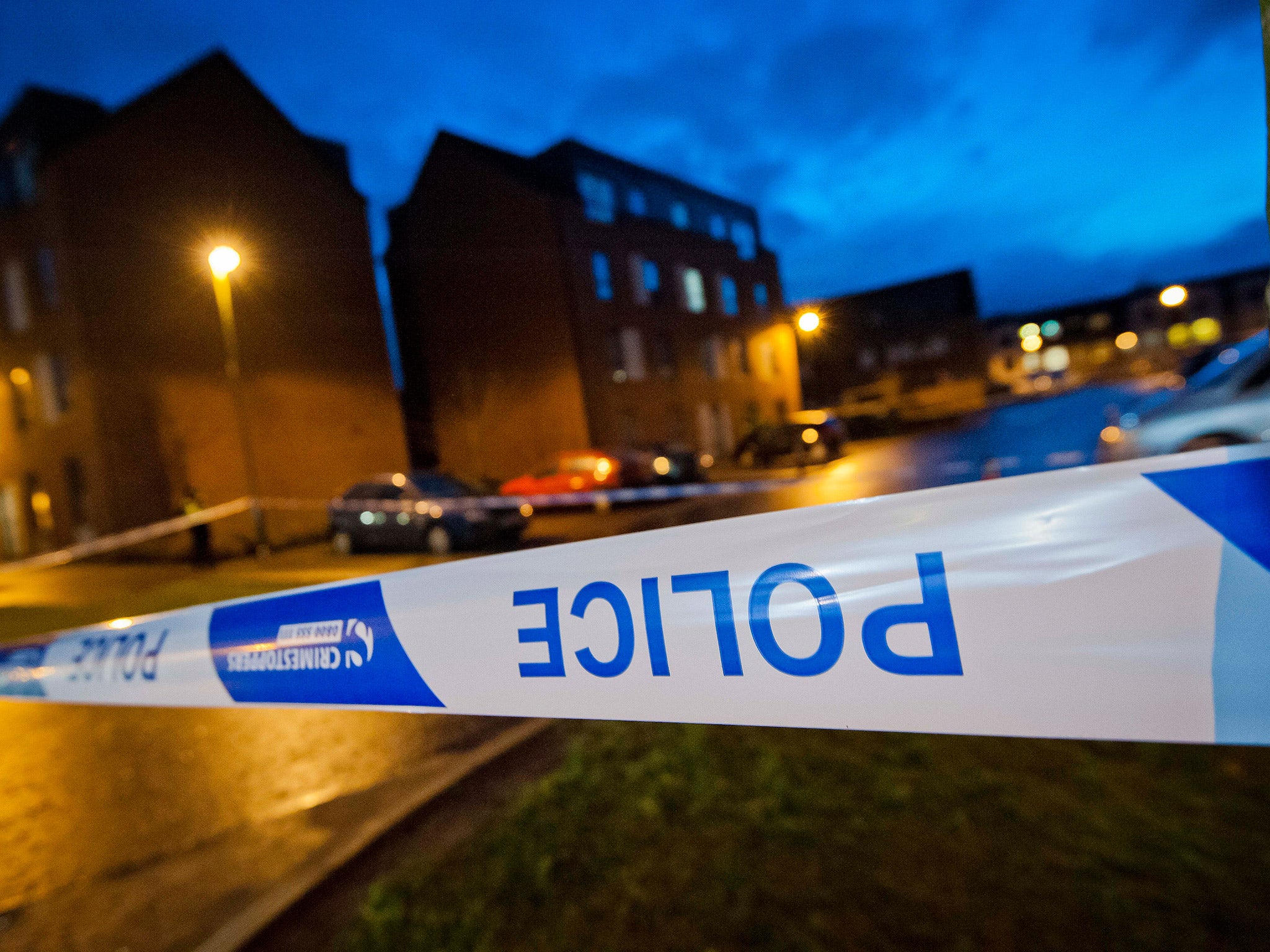Zero-hours contracts 'have helped to break link between unemployment and crime'
During the Thatcher years rising joblessness was matched by increased crime

The changing nature of the British jobs market has broken the link between unemployment and crime, according to new research.
The phenomenon – which saw rising joblessness matched by increased burglaries, thefts and robberies during the Thatcher years – ended in 2005, according to an analysis of crime and employment statistics.
The latest research suggests that growing trend of employers to adopt part-time working and zero-hours contracts has meant that communities are less blighted by mass unemployment and less likely to resort to crime.
The findings explain in part why Britain was not hit by a crime epidemic following the 2007-8 financial crisis which led to unemployment rising above eight per cent for the first time in more than a decade but saw a continuing long-term decline in crime.
Experts attributed rising crime in the 1980s to rapid deindustrialisation and the closure of entire industries that left whole communities without work during the three term Conservative Governments of Margaret Thatcher from 1979-90.
Unemployment hit 11.9 per cent in 1984, the highest rate since records started in 1971, while the numbers of people being sent to prison also rose sharply as politicians responded to public outrage over crime.
The issue of falling crime from a peak in 1995 to historic lows has divided criminologists - while being hailed by the Government as vindication of its policy to slash police budgets while maintaining their abilities to fight crime. But critics point to a migration from traditional crime to online fraud and failures in the crime reporting regime that mask the real story behind the figures.
The research, by academics from the universities of Southampton and Sheffield, focused on property crime – thefts, robberies and burglaries – which have seen some of the biggest falls over the last two decades even with the looting that accompanied the 2011 nationwide summer riots.
They found that the link between unemployment and crime increased from the 1950s but declined sharply after 1995. They suggested that other reasons had to be identified for the causes of crime, which have fallen by a third since 1995.
Further research to be presented at an event run by the Centre for Crime and Justice Studies suggests that the huge council house sell-off during the 1980s may have contributed to a rise in burglaries.
While owners who took advantage of the right-to-buy scheme protected their new homes, the housing stock left in council hands included some of the least desirable properties including high-rise flats which became crime hotspots.
“It’s very clear that home prevention measures and security on laptops and phones have had an impact on reducing property crime,” said Professor Will Jennings, of Southampton University. “Re-selling stolen items involves quite high transaction costs while selling things online is much easier.”
Technology has also played a major role immobilisers and alarms making it harder for car thieves, while online theft was easier and less likely to result in arrest. A senior police officer told him that his force had seen a sharp reduction in armed robberies because it was harder for thieves to steal untraceable getaway cars. “The causes of crime are very complicated I don’t think that we fully understand what drives long-term trends in crime,” he said.